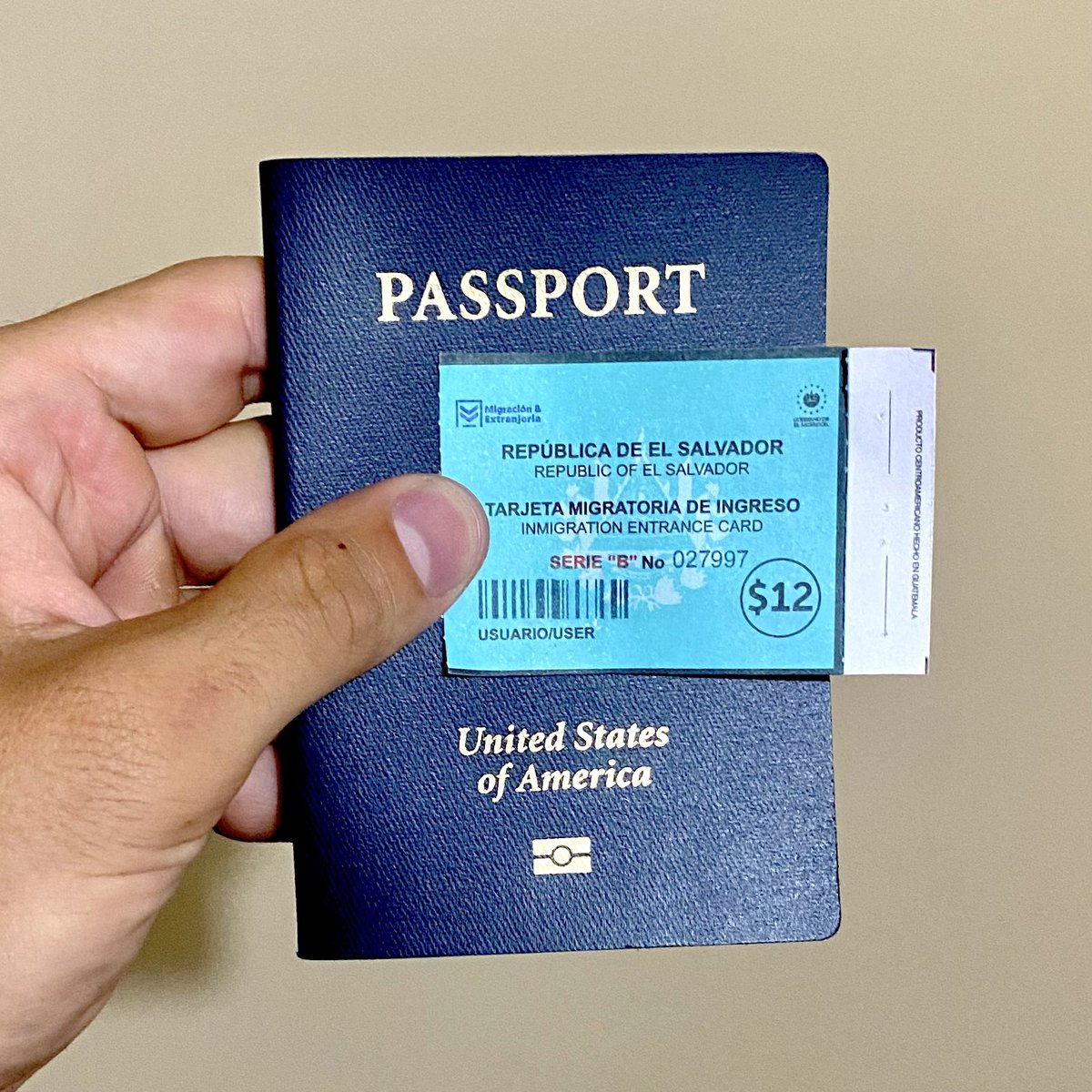⚡️#Bitcoin conference Miami,
@jackmallers announces vendor rollout plan, bringing lightning to thousands of vendors across America.
@jackmallers announces vendor rollout plan, bringing lightning to thousands of vendors across America.
⚡️‘Bitcoin & The American Dream’ book sprint collab. Self publishes in record time.
🏃♂️💨
🏃♂️💨
https://twitter.com/corybates1895/status/1495551635954753538
⚡️Senators @CynthiaMLummis & @SenGillibrand submit bipartisan bill to protect #Bitcoin & privacy in America.
⚡️President @nayibbukele addresses the United Nations. “Greetings from the land of surf, coffee, freedom, & #Bitcoin ” 🇸🇻
⚡️Central African Republic follows in El Salvador’s footsteps and becomes the second country to make #Bitcoin legal tender.🇨🇫
@FA_Touadera
@FA_Touadera
https://twitter.com/corybates1895/status/1520827189830299648
⚡️@LordFusitua announces Tonga’s #Bitcoin legal tender status will take effect early next year.
https://twitter.com/LordFusitua/status/1532521884428156928
⚡️@Excellion announces Madeira’s plan to make #Bitcoin defacto legal tender.🇵🇹
@JAN3com
@JeffBooth @plebmusic @BitcoinConfUK @FossGregfoss
@JAN3com
@JeffBooth @plebmusic @BitcoinConfUK @FossGregfoss
⚡️Bitcoiners ascend on the Oslo Freedom Forum to discuss the humanitarian case for #Bitcoin @gladstein @obi @jackmallers @YeonmiParkNK
⚡️A wave of Bitcoiners make the pilgrimage to the holy land for the @AdoptingBTC conference. 🌋🇸🇻
@FossGregfoss reminds everyone to “do the math!” 🇸🇻
@paoloardoino
@maxkeiser
@Excellion
@FossGregfoss reminds everyone to “do the math!” 🇸🇻
@paoloardoino
@maxkeiser
@Excellion
⚡️@TuckerCarlson gets orange pilled— hosts a wave of based Bitcoiners on primetime tv @saylor @nayibbukele @MartyBent @maxkeiser
⚡️@jordanbpeterson travels further down the rabbit hole, theorizing on the ramifications of taking control away from the central banks. @Breedlove22
⚡️Renaissance 2.0 @nayibbukele launches the greatest rebrand in history. Establishes the National #Bitcoin Office. @bitcoinofficesv @stacyherbert
⚡️44 Central Bankers across the world travel to visit @Bitcoinbeach seeing first hand, the promise of #Bitcoin
@romanmartinezc
@jorgebitcoinES
@HopeHousesv
@romanmartinezc
@jorgebitcoinES
@HopeHousesv
https://twitter.com/nayibbukele/status/1527414411459186691
⚡️@nayibbukele sends bill to Congress to activate the #Bitcoin backed volcano bond offering. 🌋🇸🇻 @maxkeiser
⚡️#ThankAMaxi movement gains momentum following the collapse of Luna, Celsius, 3AC, BlockFi, and FTX.
Not your 🔑 Not your 🧀
New army of #Bitcoin maximalists formed. @dergigi
Not your 🔑 Not your 🧀
New army of #Bitcoin maximalists formed. @dergigi
What were YOUR favorite #Bitcoin 2022 moments?
• • •
Missing some Tweet in this thread? You can try to
force a refresh










